Helene Grimaud & Sol Gabetta - Duo (2012) [CD-Rip]
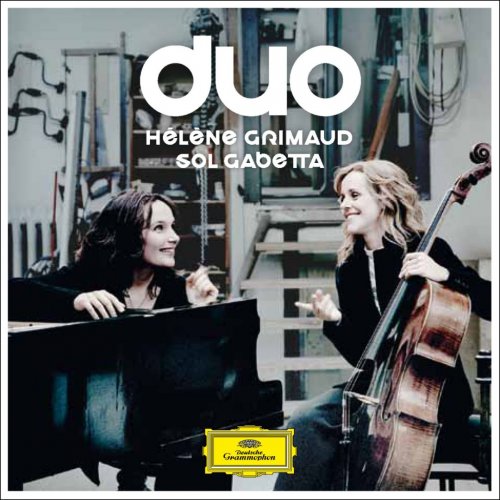
Artist: Helene Grimaud & Sol Gabetta, Hélène Grimaud, Sol Gabetta
Title: Duo
Year Of Release: 2012
Label: Deutsche Grammophon
Genre: Classical
Quality: FLAC (image + .cue, log, artwork)
Total Time: 01:15:01
Total Size: 281 MB
WebSite: Album Preview
Tracklist:Title: Duo
Year Of Release: 2012
Label: Deutsche Grammophon
Genre: Classical
Quality: FLAC (image + .cue, log, artwork)
Total Time: 01:15:01
Total Size: 281 MB
WebSite: Album Preview
Robert Schumann (1810-1856)
Drei Fantasiestucke op. 73
01. I. Zart und mit Ausdruck (3:13)
02. II. Lebhaft, leicht (3:13)
03. III. Rasch und mit Feuer (3:53)
Johannes Brahms (1833-1897)
Sonata for Piano and Violoncello No. 1 e-moll op. 38
04. I. Allegro non troppo (14:27)
05. II. Allegretto quasi Menuetto - Trio (5:26)
06. III. Allegro (6:22)
Claude Debussy (1862-1918)
Sonata for Violoncello and Piano d-moll
07. I. Prologue. Lent, sostenutoe molto risoluto (4:36)
08. II. Serenade. Moderement anime (3:13)
09. III. Final. Anime, leger et nerveux (3:40)
Dmitry Shostakovich (1906-1975)
Sonata for Violoncello and Piano d-moll op. 40
10. I. Allegro non troppo (11:56)
11. II. Allego (2:50)
12. III. Largo (8:21)
13. IV. Allegro (3:58)
Argentine-Swiss cellist Sol Gabetta and the nationally unclassifiable Hélène Grimaud (who is listed first in the graphics here, presumably so that Deutsche Grammophon may capitalize on her former enfant terrible reputation) are both known for a tendency toward interpretations that push the extremes. Grimaud, in fact, has named Glenn Gould, still among the greatest extremists of all, as an exemplar. But, perhaps because the necessity of working in a duo puts a damper on strong manifestations of individualism, the two play it pretty straight on this, the first duo recording for both. Their interpretations in this diverse recital of Romantic and modern pieces, in fact, tend distinctly toward the quiet side. Although Grimaud has resolutely declined to classify herself as French (she is of North African Jewish background, spent some years in Florida, and then lived in Switzerland), this is a chamber recital in the classic French vein, with plenty of impeccably elegant passagework from both players and an absence of emphatic gesture even in the Drei Fantasiestücke, Op. 73, of Schumann, which are arch-Romantic pieces. The Brahms Sonata for piano and cello No. 1, Op. 38, gets a very light touch that does delightful things with the contrapuntal finale. The pair are clearly at home in the Debussy cello sonata, and really the only piece that falls flat is the concluding Cello Sonata, Op. 40, of Shostakovich, where the restrained performance misses the icy fear of the slow movement and the sarcastic snap that was so characteristic of the composer's early years. The sound, from the Philharmonie Essen hall, is a bit too spacious for the music but is up to the task of capturing clearly the fine detail work on exhibit here. -- James Manheim
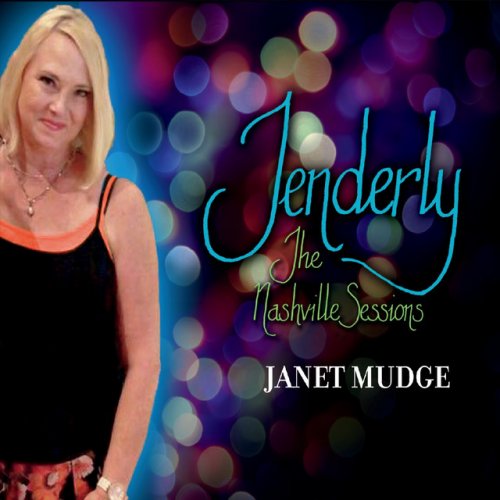
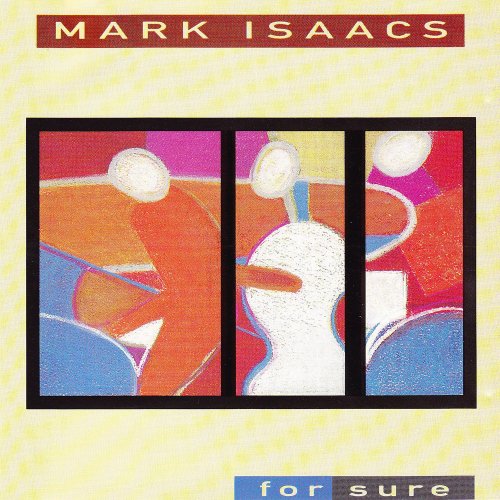
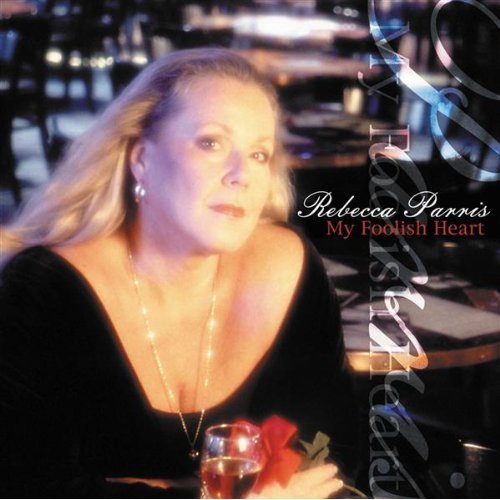
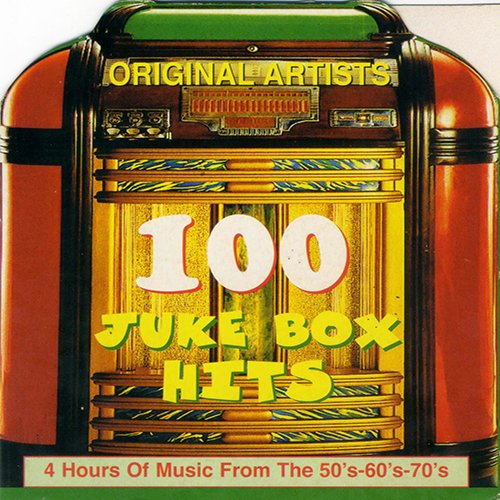
![Jan Harbeck Quartet - Arena (2026) [Hi-Res] Jan Harbeck Quartet - Arena (2026) [Hi-Res]](https://img.israbox.com/img/2026-02/21/ta1geqbunymda1vazij2b7te7.jpg)
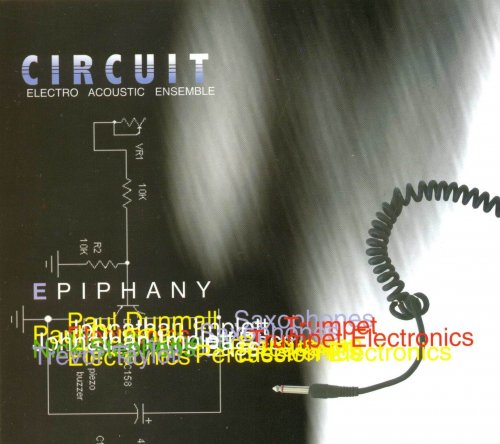
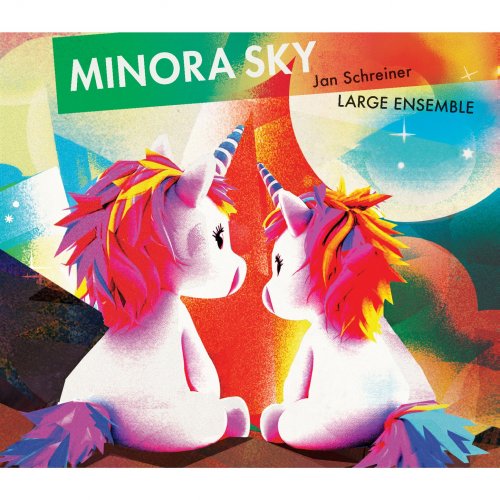
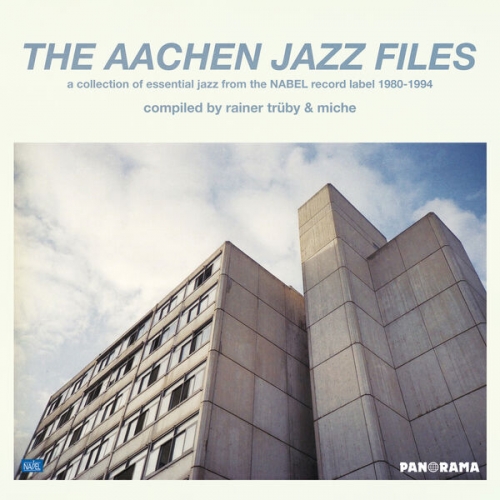
![Bob James, David Sanborn, Tsuyoshi Yamamoto, Susan Wong, Fourplay - The Best Of Evosound Audiophile (2024) [SACD] Bob James, David Sanborn, Tsuyoshi Yamamoto, Susan Wong, Fourplay - The Best Of Evosound Audiophile (2024) [SACD]](https://www.dibpic.com/uploads/posts/2026-02/1771744987_folder.jpg)